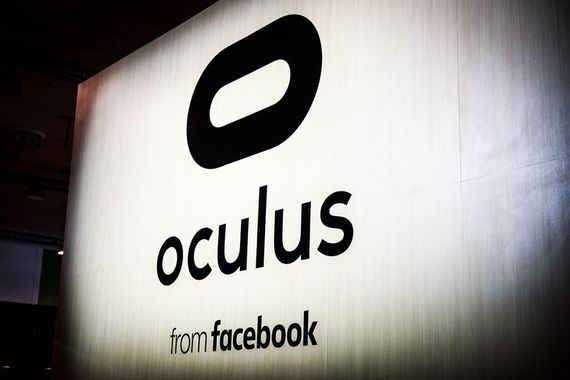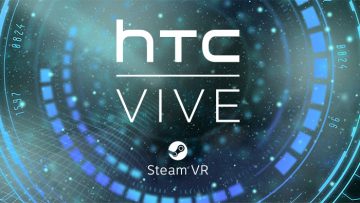
VR vs. A Handshake
It’s strange how some people take things, isn’t it? The barrier of language is such that one person’s kind gesture is another person’s slight. Things on the internet being what they are, the nuances of communication are lost, and can often be tainted in a negative light purely by that which we’ve come to expect. I’ve certainly had that happen to me; both thinking something is a negative when it was not and people insisting I was being negative when I was not.
Of course, when it comes to the world of online, nothing is more divisive than a fact. It’s a relatively sad state of affairs that, at a time when we as a race know more about the universe than we have ever done, we are living through a period of history where what is deemed ‘real’ or declared the truth has never been more vigorously argued.
There was a great example of all this following last week’s column where I was, shall we say, taken to task for the column as a whole. And perhaps my decision to exist at all. Why was I writing it? Find a new blog! (Wait, we’re a blog?) How dare I go out of my way to bash Oculus. You’re just a hater! Go back to Toronto! Etc, etc. (Author’s note: I’ve never actually been to Toronto, but would love to.) All stemming from the fact I didn’t think Oculus Connect 4 was, well, amazing, but was rather just ‘okay’. It did what it needed to do for the company to ‘keep up with the Jones’s’ and did no more than that, really.
Yes, I made fun of Facebook’s silly branding at the end – which still sounds like a perfume – and I was concerned about Next VR if Oculus/Facebook was moving into event broadcasting. But I was mostly curious about Oculus’ apparent conflicting internal feelings about what its priority in VR should be. It’s an interesting admission that could well shape VR as a whole in the future. The only negativity about Oculus, if you can even call it that, was in a quote by John Carmack, and that was just his honest, unfiltered appraisal of how Oculus has operated in comparison with others; in that particular case, their own business partner, Samsung.
It’s very easy to get the wrong end of the stick, especially if you’re of a mind of wanting to.
So, when someone asked me the other day why it was that the likes of Facebook/Oculus are spending so much time and pushing how they are developing their line of avatars, and why Microsoft likewise makes a big deal over their working collaboration aspect, the answer was, of course, very simple: communication is important and it’s important that it’s done right. It’s why there’s a keen focus on avatars and things of that nature. A lot of how we communicate is about more than the just what is being said.

There’s the way it is said: do I sound confident, rueful, sarcastic? Do I sound happy, or that I’m trying to put a brave face on things? Then there’s the position of your body, its language and the story it’s telling. If I hold out my hand am I offering you a handshake, emphasising a point with an action, or am I gesturing behind you? Do I want a hi-five, or am I telling you to stop? Even the location where what is being said, is said. It all adds up. It’s the reason the Zuckerberg Puerto Rico event before Oculus Connect rather backfired.
A time and a place.
For VR to provide a perfect social experience, it also needs to adequately showcase what you are saying beyond mere words. Not only must it relay a graphical representation of you, the technology needs to be able to read you in order to do that. And that’s a hard ask even for us as humans some of the time. That’s why there’s such a drive to develop and a need to make it happen. I’m keen to see how things continue to develop, especially with Microsoft’s vision, and the developments of AltSpace VR. Let’s also not forget that Microsoft now own AltSpace VR – so that’s another thing to wonder about. We’ve the potential to get two big social platforms, each with some real development grunt behind them to build infrastructure.
What does the future hold? Which will bring a revolution to communication technology, and which will see people struggling to connect with each other?
Or, to put it another way: which one will be VR’s Skype, and which one will be VR’s Skype?
This post was originally written by the author for VRFocus.






